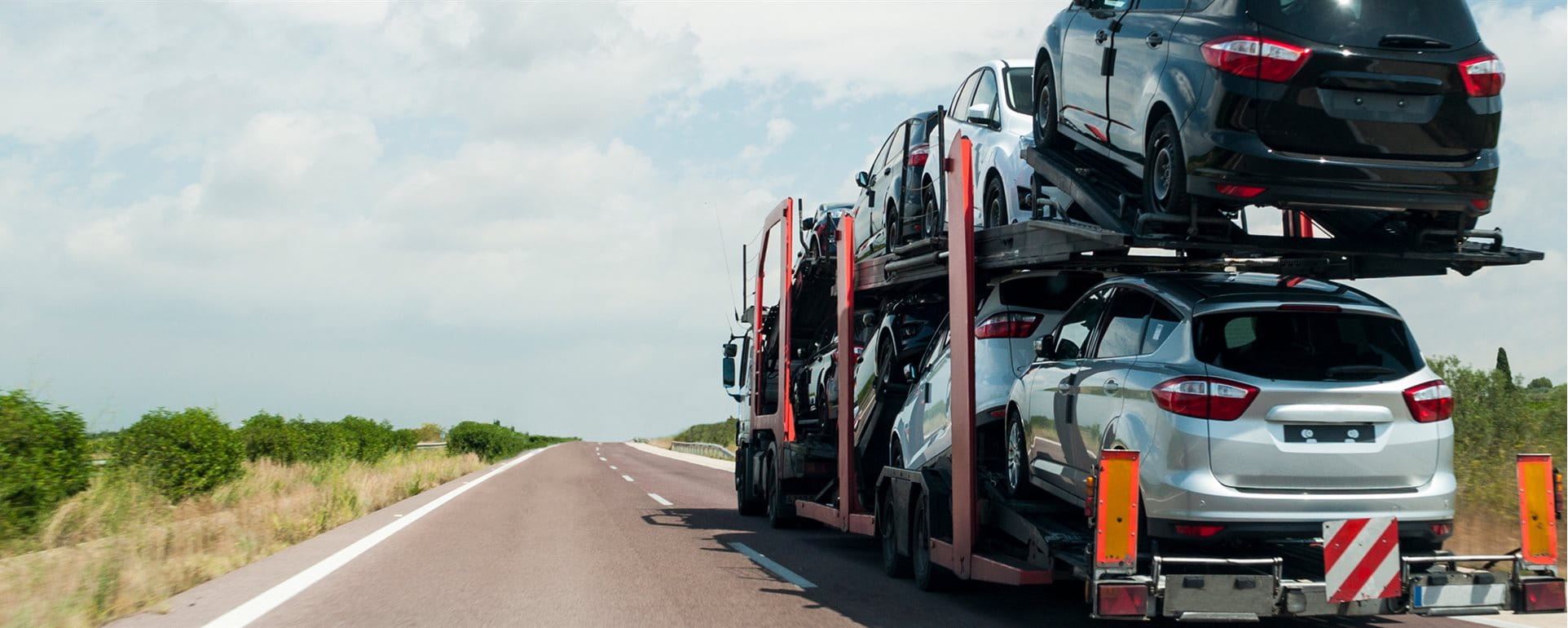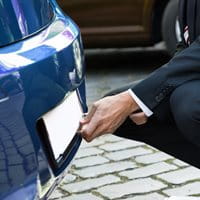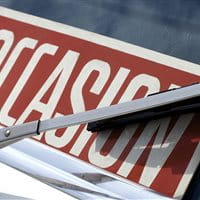Step 1: Register the car for import
Anyone moving to Switzerland and definitely wanting to import their vehicle must, without being asked, register it to Swiss customs for import. You will need these documents to import a car:
- electronic customs declaration e-dec web
- Invoice or purchase contract
- Vehicle registration document or license certificate (even if it's no longer valid)
- Passport or identity card
- Proof of origin for vehicles not imported from the EU
More information: On the website of the Federal Office for Customs and Border Security, FOCBS, you will find an overview of all formalities for the permanent import of vehicles into Switzerland.
Step 2: Declare car for import
With the form EUR.1 you can import your car duty free from the EU. For the duty-free import from a country with free trade agreement, you will need the proof of origin, which confirms the origin of the vehicle. If you import the vehicle from another country, for a passenger car you will pay CHF 12 to CHF 15 per 100 kilograms of empty weight. This must be paid regardless of whether the passenger car is a used or new vehicle. In addition to this, there are levies, fees and taxes:
- car tax, which is 4% of the current vehicle value,
- the import tax, i.e. the value added tax, which is 8.1% of the purchase price (invoice or purchase contract),
- CO2 tax for passenger cars, if your car emits too much carbon dioxide, and
CHF 20 for the inspection report customs clearance certificate, which confirms the customs clearance for traffic licensing.
Tip: You usually have to pay the import duties directly at the customs office. Take enough cash with you to ensure you can pay. Not all customs offices accept credit cards.
Step 3: Present the vehicle
Step 4: Insure the car
In this blog article, you can read how to register your vehicle correctly.
How much it costs to import a car
| Car tax |
4% of CHF 7,000 |
CHF 280 |
| Inspection report |
CHF 20 |
|
| Value added tax |
8.1% of CHF 16,975 |
CHF 1,380 |
| Emission test |
CHF 100 |
|
| Motor vehicle inspection |
CHF 60 |
|
| CHF 1,840 |
Example calculation. The effective amounts may differ from the figures in the example.






